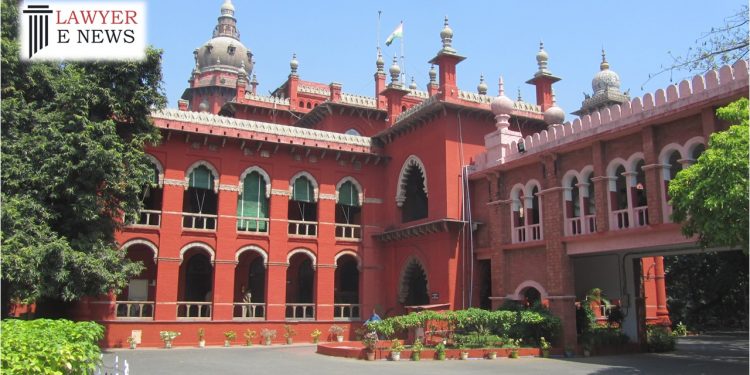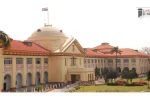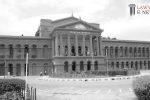Appointments of an Archaka in Agamic Temples cannot be claimed as a hereditary right : Madras HC

In a recent judgment delivered on June 26, 2023, the Madras High Court has ruled that the appointment of Archakas (priests) in Agamic temples should be governed solely by the Agamas, overriding the applicability of Rules 7 and 9 of the 2020 Rules. The court emphasized that the position of an Archaka cannot be claimed as a hereditary right, as previously established by the Supreme Court. This ruling comes as a significant clarification in the ongoing debate surrounding the authority and qualifications required for appointing priests in Hindu temples.
High court stated, “The appointment of an Archaka in an Agamic temple will be governed only by the Agamas and not by Rules 7 and 9 of the 2020 Rules.” The judgment further affirmed that the appointment authority rests with the Trustees or the Fit Person, emphasizing that the Department cannot undertake this responsibility. The court also clarified that the appointment of Archakas in Agamic temples can be made even before the Committee finalizes its report, provided there is no dispute regarding the Agama governing the temple.
Additionally, the court addressed the issue of the Executive Officer’s authority to issue advertisements and appoint Archakas. It held that the Executive Officer, who oversees the temple’s affairs, falls within the definition under Rule 2(g) of the 2020 Rules and can make appointments under the said rules. Therefore, the advertisement issued by the Executive Officer under the 2020 Rules cannot be questioned on the grounds of the officer being a Department employee.
Moreover, the court stressed that the qualifications prescribed under the 2020 Rules need not be considered when appointing Archakas in Agamic temples. Instead, the appointment should be solely based on the requirements outlined in the Agama. The court dismissed the argument that Vedas and Agamas cannot be learned through short-term courses, stating that such courses are not necessary for the appointment process.
Furthermore, the court clarified that appointments can proceed even if review petitions are pending before the Supreme Court, to prevent any confusion or delays in the functioning of temples that require Archakas. This direction ensures that temples in need of priests do not remain without their services during the pendency of review petitions.
The judgment also emphasized that the Division Bench’s ruling in the All India Adi Saiva Sivachariargal Seva Sangam’s case, which declares that the appointment of Archakas should be governed by the Agamas and not by Rules 7 and 9 of the 2020 Rules, remains binding on the Trustees and the Fit Person. The court directed that advertisements for the appointment of Archakas/Sthanikam in Agamic temples should align with the observations made in the judgment. The appointed Committee of experts should verify that the selected individuals meet the prescribed requirements of the Agama.
Date of Decision: June 26, 2023
Muthu Subramania Gurukkal vs The Commissioner





